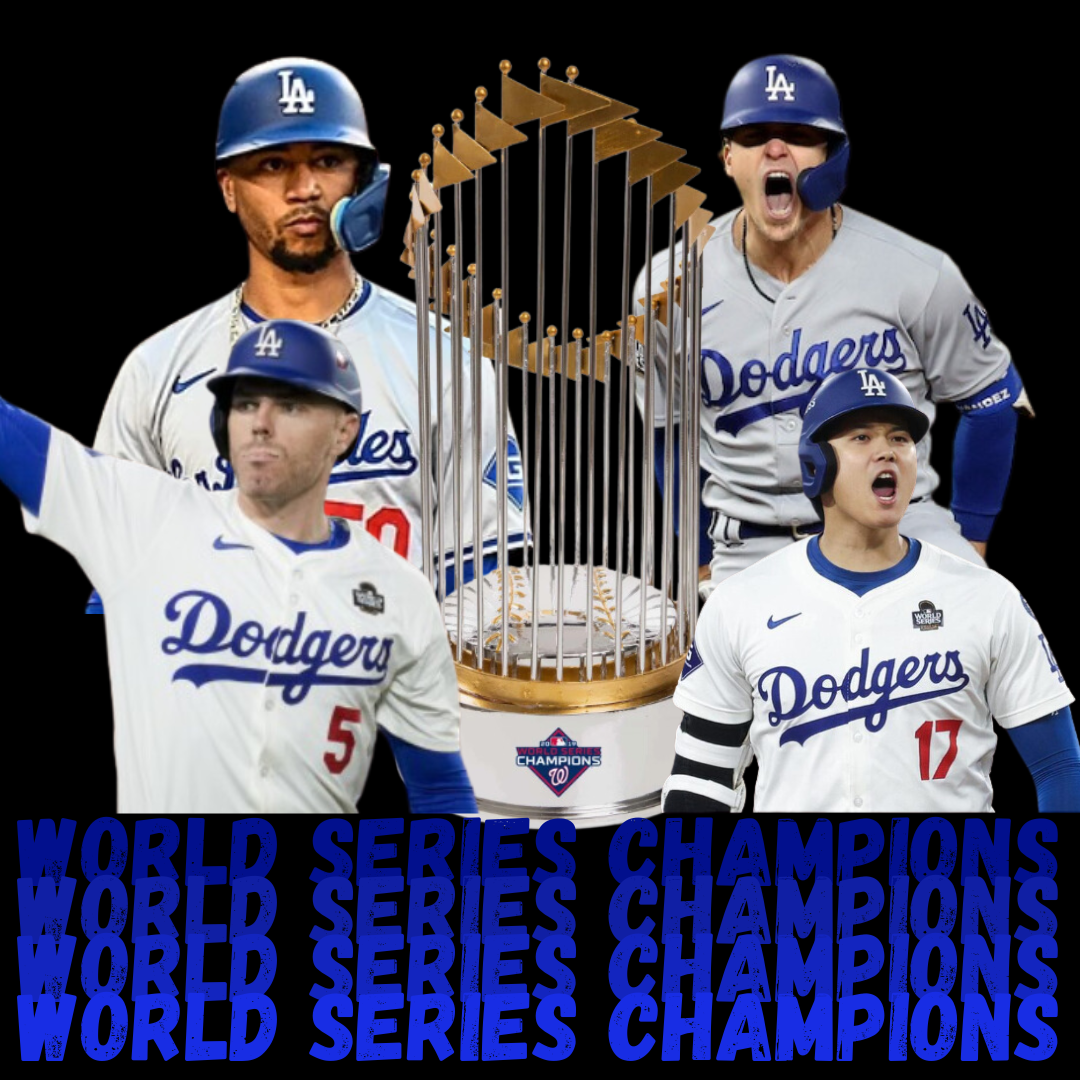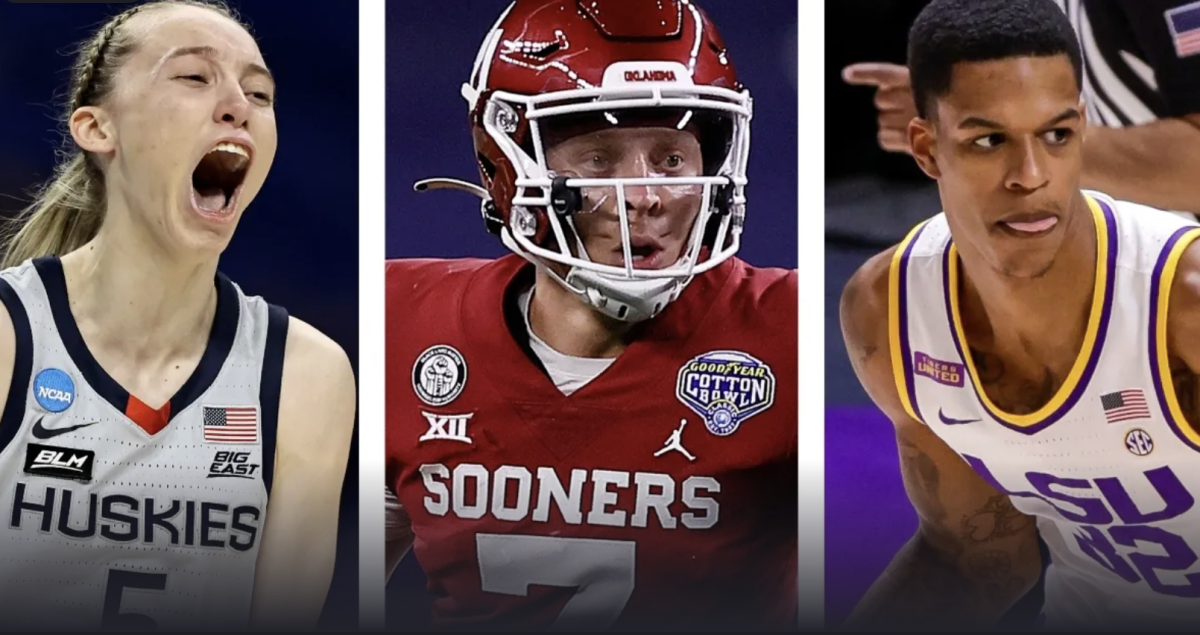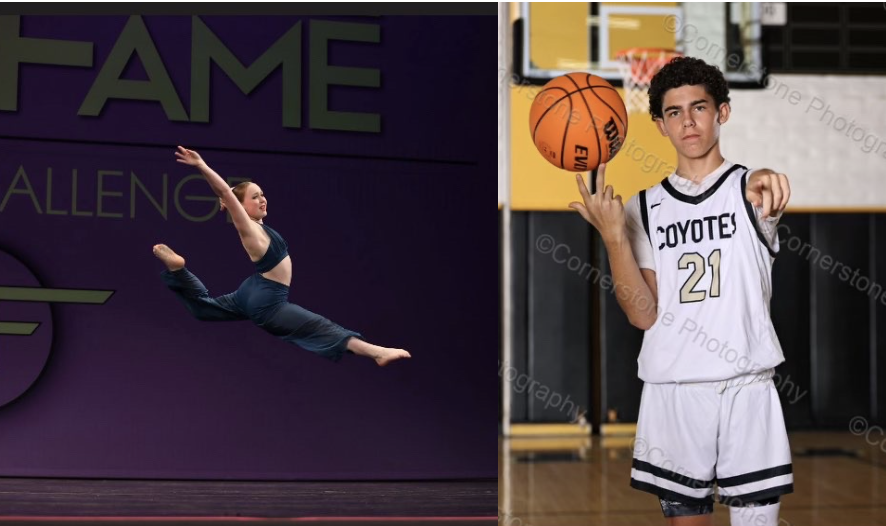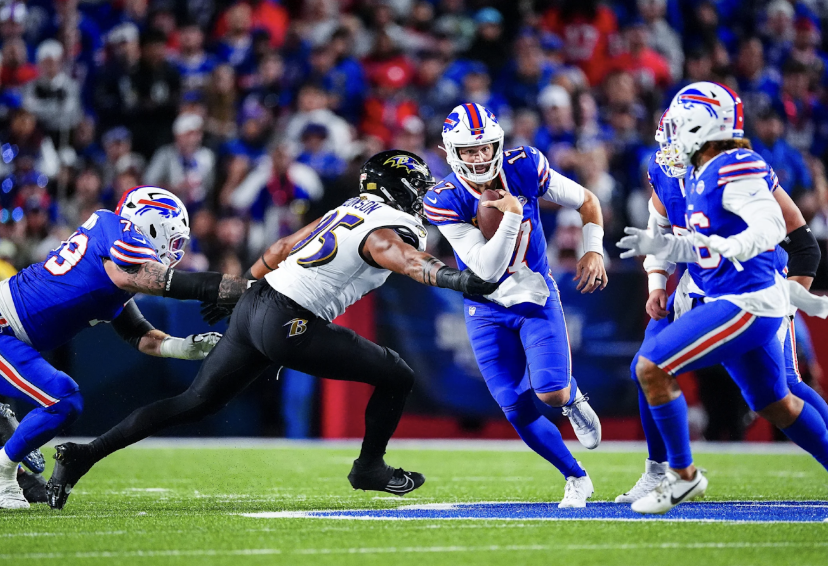Yesterday, the 2023-2024 MLB season came to a close, and the Los Angeles Dodgers were crowned World Series Champions – their 8th in total and first since 2020, a season notably shortened by the COVID-19 pandemic. The boys in blue rode off the coattails of a historic offseason spending spree that saw them spend over $1 billion in total, with the majority going to superstar and likely National League MVP Shohei Ohtani. Japanese star pitcher Yoshinobu Yamamoto, all-star Tampa Bay Rays pitcher Tyler Glasnow, and former silver slugger Teoscar Hernández also received deals.
This splurge for talent, along with already proven Dodger stars like Freddie Freeman and Mookie Betts, helped lead the Dodgers to attaining the National League’s best record and securing them a bye round. Their division series opponents, the San Diego Padres, provided them with the hardest challenge throughout the playoffs, as they took the Dodgers to a full five games before eventually being defeated. The Dodgers took this momentum and squashed the underdog New York Mets in 6 games, allowing for a date with the fellow #1 seed New York Yankees. The two teams have pools of history, as they’ve faced each other in the Fall Classic more than any other two teams, with the Yankees having won 8 of their 11 total matchups.
Game 1 started off the World Series in just about as storybook a manner as a World Series can get. Yankees ace Gerrit Cole and Dodgers midseason trade acquisition Jack Flaherty faced off in a pitchers’ duel – Cole went six innings, letting up only one run, while Flaherty went 5.2 innings, letting up two. The Dodgers tied it in the bottom of the 8th inning, and with both teams spotting goose eggs in the ninth, game 1 went to extra innings.
In the top of the 10th inning, the Yankees took the lead off of an Anthony Volpe groundout that allowed Jazz Chisholm to score, giving the Yankees the lead and the chance to take game 1 at Dodger Stadium. However, at the bottom of the 10th, the Dodgers found themselves in a bases-loaded, two-out situation. The man who stepped up to bat? Freddie Freeman. Freeman had hit average in the NLDS and NLCS due to a badly sprained right ankle. Knowing this, Yankees manager Aaron Boone made the controversial decision to use lefty starter Nestor Cortes against Freeman in what was Cortes’s first appearance in over a month. This rust showed in the most impactful way possible: Freeman sent a fastball well into the stands, securing the first-ever World Series walk-off grand slam and game 1 for Los Angeles. Freeman’s grand slam was incredibly reminiscent of Kirk Gibson’s walk-off homerun in game 1 of the 1988 World Series, commonly seen as one of the greatest moments in Los Angeles sports history.
The Dodgers were rolling, which was evident in game 2. The $300 million man Yoshinobu Yamamoto had a performance eerily similar to Cole’s game 1 outing, as he went 6.1 innings, only allowing one hit – a solo Juan Soto homer. The Yankees’ game 2 starter, Carlos Rodon, who himself has a $162 million price tag, wasn’t so fruitful. The Dodgers piled on three home runs from NLCS MVP Tommy Edman, Teoscar Hernández, and Freddie Freeman, putting a tally of 4 on the scoreboard and ending Rodón’s night early at just 3.1 innings. The Yankee bullpen was forced to enter early, and although one of the best bullpens in the league held firm and allowed no more runs after that point, it wasn’t enough, as the Dodgers’ equally if not better bullpen allowed just one more run in the following three innings to double the series lead at 2-0.
Game 3 would be the first at the iconic Yankee Stadium, and all of the Yankee faithful hoped a change of scenery would be what they needed. Unfortunately for them, the Dodgers refused to slow down. Clarke Schmidt, the Yankees’ game 3 starter, was met with an immediate stain in the form of a Freddie Freeman 2-run homer. Dating back to the 2021 World Series, Freeman had homered in five straight World Series games, tying the all-time record set by George Springer during his Houston Astros tenure. Schmidt would suffer one more run courtesy of a Mookie Betts single that brought home Tommy Edman, effectively ending his night. New York would let up one more run across the game, which meant their offense needed to step up. Unfortunately for them, Dodger pitching looked infallible. Walker Buehler occupied the role of game 3 starter for LA, and although he hadn’t seen championship baseball in four years, along with a generally injury-riddled history, any presumed rust Buehler would have had been completely shaken off. Buehler’s command was excellent, throwing five shutout innings and only allowing two hits. Los Angeles’s airtight bullpen picked up where Buehler left off, allowing just three hits across six different relievers. In fact, the Yankees’s only runs came from a 9th inning two-run home run from the bat of Alex Verdugo. With that win, the Dodgers had upped their series lead at 3-0 and had the chance to complete the first World Series sweep since 2012.
Game 4 in the Bronx was do or die for the Yankees, and their fate would partially lie in the hands of rookie starter Luis Gil. The Dodgers and Freddie Freeman especially didn’t get this memo, as Freeman hit a two-run home run in the 1st inning, bringing Mookie Betts home this time. With that blast, Freeman now has the most consecutive World Series games with a home run. However, game 4 saw an important change to the established pattern: the Dodgers’ rotation got lit up. Los Angeles had used all of their best arms – starters and relievers – in the last three games and, therefore, under the direction of manager Dave Roberts, intended to use “lower-leverage relievers” and give his top guys some time to rest. Regardless, the Yankees’ hitting squad finally found their footing and exploded for 11 runs – 7 of them coming from an Anthony Volpe grand slam and a Gleyber Torres 3-run homer. The Yankees, largely due to the bottom of their order catching fire, had finally stopped their sliding. To become the first team ever to reverse sweep in the highest stage of playoff baseball, they would need to carry this momentum into game five, the final one at Yankee Stadium.
Game 5 saw a repeat of game 1’s pitching duel: Cole vs. Flaherty. Game 5 also saw a repeat of the success that the Yankees’ hitting core found in game 4: Aaron Judge and Jazz Chisholm both hit their first-ever World Series homers, with Judge also bringing Juan Soto home. Alex Verdugo added to this with an RBI single that sent Jazz Chisholm home. The Yankees had eliminated any chance of Flaherty substantially affecting a possible Dodgers gentleman’s sweep. Giancarlo Stanton sent a solo shot into right field for good measure, making the score 5-0. Conversely, Gerrit Cole was excellent through four innings, tossing a shutout. That was until the 5th inning arrived. The Yankees, who had been playing their best baseball relative to how early in the game it was, completely fell apart. Multiple defensive miscues ranging from an Aaron Judge error to miscommunication between Cole and Anthony Rizzo at first base to Austin Wells committing catcher interference completely and utterly opened the door for Los Angeles. Plays like Mookie Betts hustling to first to score Kike Hernández or a 2-RBI knock from Freddie Freeman eventually tied the game at 5-5, and although the Yankees eventually took back the lead with a Giancarlo Stanton sacrifice fly, it wouldn’t last for long. The Dodgers took hold of the lead with two sacrifice flies of their own in the 8th inning, and Walker Buehler successfully closed out the 9th inning, ending it at 7-6 and helping place the Dodgers 3rd all-time in MLB championships.
There are many reasons why, at the end of the day, the Los Angeles Dodgers came out on top. It’s impossible to ignore the fact that they spent record-breaking money, but it’s wrong to say that the Dodgers are here only because they spent record-breaking money. On both sides, they played better than anyone else. With Ohtani hard slumping, Freddie Freeman played like a man possessed, rightfully earning World Series MVP. On the pitching side, multiple great performances from new and experienced starters alike came together with a near-impeccable bullpen to create one of the best overall rotations in recent history.










